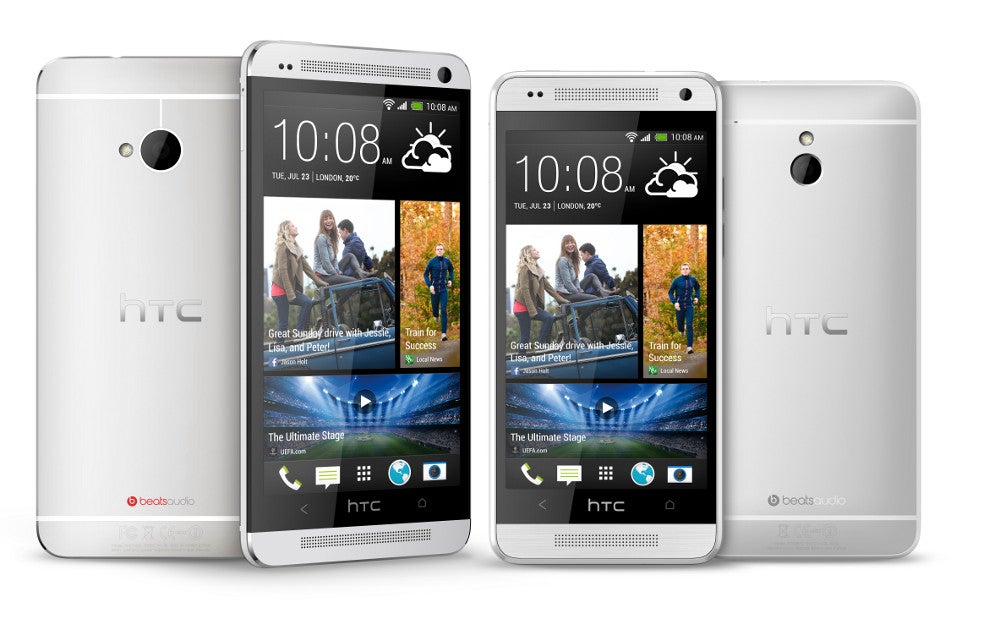The Independent's journalism is supported by our readers. When you purchase through links on our site, we may earn commission.
HTC One Mini and HTC One Max banned in the UK after Nokia wins patent battle
The ruling Judge spared the HTC One in respect to the evidence that an immediate ban would be 'catastrophic' for the company

Your support helps us to tell the story
From reproductive rights to climate change to Big Tech, The Independent is on the ground when the story is developing. Whether it's investigating the financials of Elon Musk's pro-Trump PAC or producing our latest documentary, 'The A Word', which shines a light on the American women fighting for reproductive rights, we know how important it is to parse out the facts from the messaging.
At such a critical moment in US history, we need reporters on the ground. Your donation allows us to keep sending journalists to speak to both sides of the story.
The Independent is trusted by Americans across the entire political spectrum. And unlike many other quality news outlets, we choose not to lock Americans out of our reporting and analysis with paywalls. We believe quality journalism should be available to everyone, paid for by those who can afford it.
Your support makes all the difference.The continuing smartphone patent wars have left a couple of new casualties by the wayside, with the HTC One Mini and HTC One Max smartphones banned for sale in the UK after a judge ruled in favour of rival Nokia.
The patent in question covered the “modulator structure for a transmitter and a mobile station” and applied to a whole range of HTC handsets. Judge Arnold ruled in favour of Nokia, with the infringing devices banned from sale from 6 December.
Nokia has clarified that this ban refers to the HTC Desire X, HTC One XL, HTC One X, HTC One S and HTC One V, although Judge Arnold stayed the order against the HTC One as “the potential harm [of banning the handset] to HTC outweighs that to Nokia.”
“HTC's evidence is that the consequences of an immediate injunction will be catastrophic for its UK business because the One is its flagship model. HTC paints a dramatic picture of what will happen,” said Arnold in the official ruling, first reported by Foss Patents.
HTC tried to argue that the infringement concerned just a “very small component” and that Nokia was only interested in the money. Judge Arnold responded by saying “All patent owners are only interested in money. The whole purpose of a patent is to enable the proprietor to extract money from exploitation of the patented invention.”
In the final ruling, Arnold noted that the UK smartphone market was worth about $7 billion to vendors in 2012 and is projected to be worth $9 billion by the end of 2013. Apple and Samsung dominate with 39 per cent and 33 per cent market share respectively, with Nokia accounting for only 6 per cent and HTC only 3.
The ruling is especially difficult for HTC, as the UK represents its biggest European market, with the HTC One, HTC One Mini and One Max accounting for around 70 per cent of sales. An official statement from HTC noted that they had filed “an urgent application to appeal.”
Join our commenting forum
Join thought-provoking conversations, follow other Independent readers and see their replies
Comments